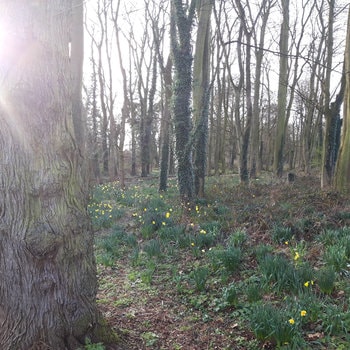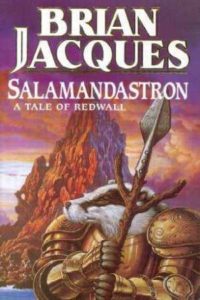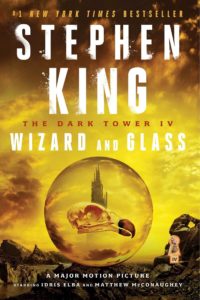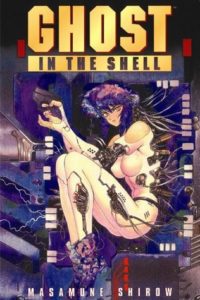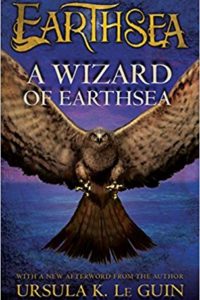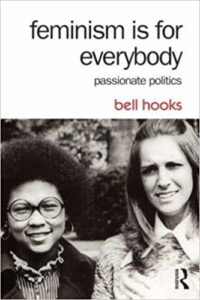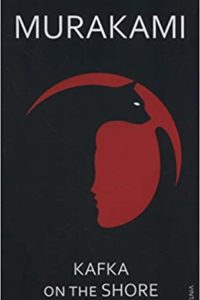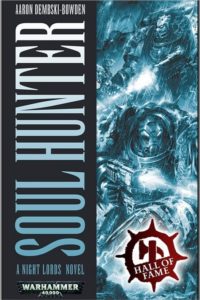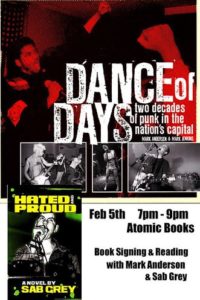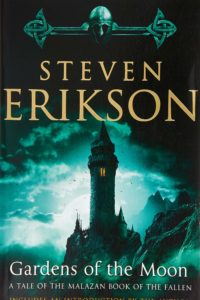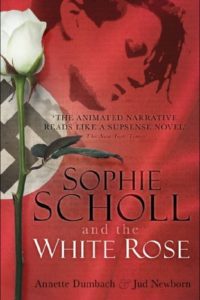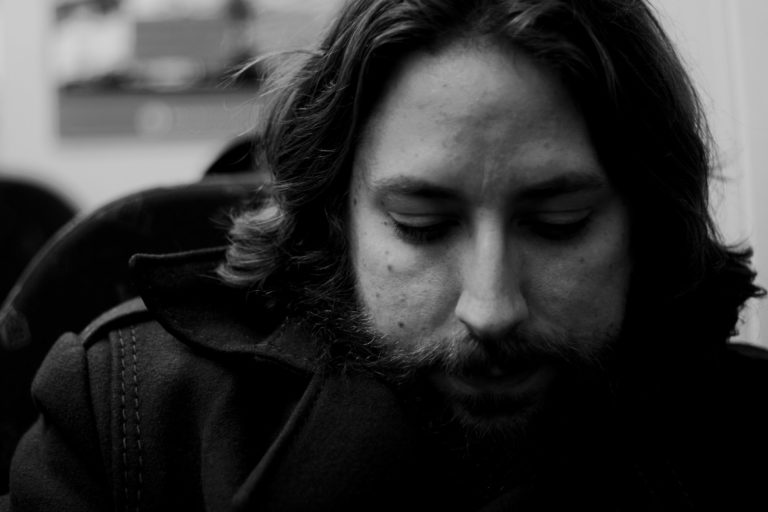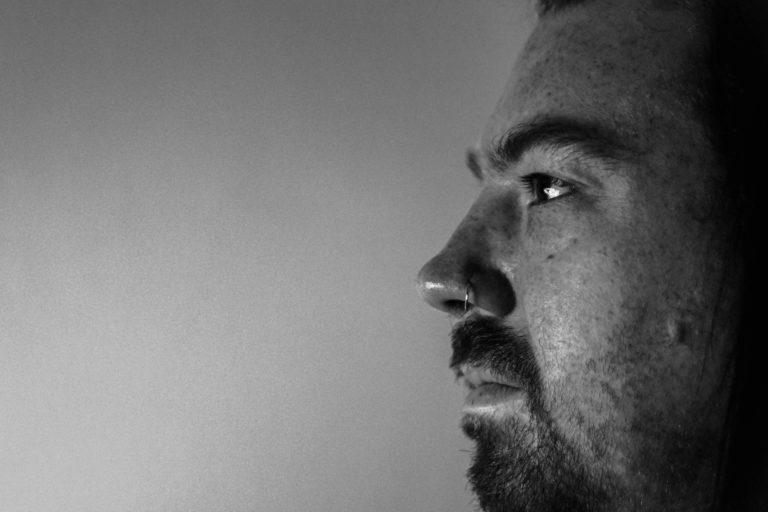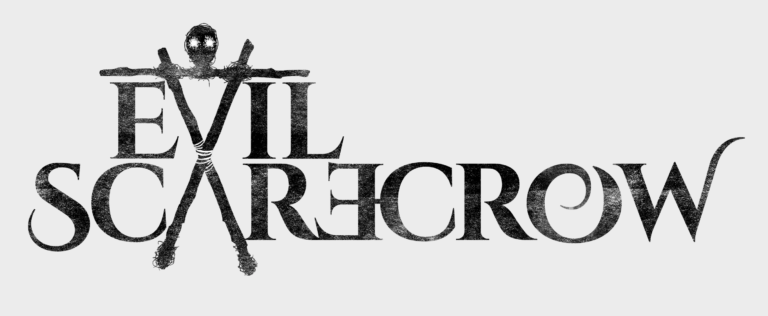I’m very pleased to welcome Lunar Cult, the brainchild of Stuart Wain. Stuart is a talented music writer whose work I have been reading for a while now on Broken Amp, Astral Noize, Pure Grain Audio, and his own blog The Sound Not The Word. But he also makes music, and Lunar Cult is an electronic project which raises two fascinating questions: can chiptune be dark and emotional? And can instrumental music be anti-fascist?
Enjoy Lunar Cult’s reading choices below, and then head over to bandcamp to check out the music.
Lunar Cult
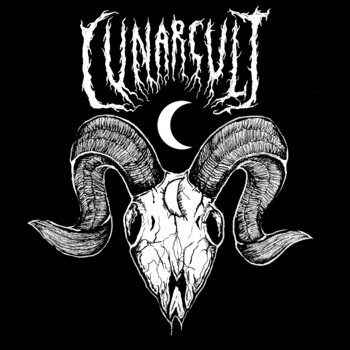
I’ve wanted to record music for almost as long as I can remember, but for various reasons (most of which have to do with me) it never happened. After realising that recording a solo metal or punk record wasn’t viable in my current circumstances, I started playing around more seriously with electronic and chiptune music programmes. Amazingly, I was able to stumble upon a sound and approach that I actually liked. I don’t like most chiptune music, and knew I wanted to create something that, in approach and aesthetics, drew more from black metal, and with Lunar Cult I hope I’m achieving that. Most chiptune music you can find on Bandcamp and Spotify or Youtube is very bright and energetic, a real sugar-rush of sound, and often mixed in with contemporary dubstep and EDM. I’ve nothing against the artists making so music, but that’s not what I wanted to create. Likewise, it also tends to be very nostalgic in aesthetic and ideals, painting vivid pictures of video games and 80’s anime – which, again, I didn’t want to do. Can instrumental music be anti-fascist, or have a similar sense of emotional catharsis as DSBM? I don’t know, but that’s what I’m trying for. It’d be easy to make chiptune, give it an anime cover, name songs after memes and such, and fit in with the current scene. I’m trying to do more than that.
Anyway. Here’s the books:
Brian Jacques – Salamandastron
This was the point where reading stopped being something I just had to do at school, and something I enjoyed. I knew nothing about the book, but upon seeing its cover, with a badger in medieval armour against a striking purple background, my young self (I’d have been about 8 or 9) just had to have it. Thankfully my parents agreed. I also suspect that this story helped develop a love of fantasy that was starting to grow, which is something that persists to now.
Stephen King – Wizard & Glass
I remember getting two books for my 13th or 14th birthday; The Lord of the Rings and Wizard & Glass. You’d think The Lord of the Rings would be likely to have the bigger impact but given that by that time I was obsessed with things like Warhammer and Dungeons & Dragons, it wasn’t as impactful as it could have been. But Wizard & Glass was something else. This was something clearly not written for kids, featuring characters who were on the cusp of adulthood that I could, in some way, relate to. That it was set in a world that blended post-apocalyptic sci-fi, fantasy, and western was huge, too – I don’t think I’d encountered anything like that before. This opened up a huge world for me, and whilst I read a lot of King’s horror stories following this, they never impressed me the way his stories of Roland Deschain did, and the Dark Tower series remains a favourite, and a huge influence upon anything I try to create.
Masamune Shirow – Ghost in the Shell
Reading the original Ghost in the Shell manga aged 16 was mind-blowing. Whilst novels like Dune had me leaning into more adult sci-fi, and the Matrix film helped introduce some of the concepts Ghost in the Shell is built upon (with the film owing a huge debt to Shirow’s work), this was still a challenging yet enjoyable read. On the one hand, you have kick-ass cyborg ladies engaging in gun fights and combating terrorists across the globe. On the other, you have discussions about the fundamental nature of consciousness and reality that I don’t think I’ll ever stop grasping with. It’s a shame that the franchise isn’t the boundary-pushing, philosophically-informed piece it originally was, and that Shriow has seemingly drawn and published nothing but pornography for the last 15 years, because this was revelatory.
bell hooks – Feminism is for Everyone
It’s hard to put into words how important this book was to my development as a person. It came at a time when I was reading a lot of sociology and psychology texts at university, and my sense of identity, and how I saw the world, was really coming to be defined. This book helped me pull a lot of those diverse strands together in very plain English, and is one of the best things I’ve ever read for explaining the intersectional nature of feminism, and how all struggles for justice and equality are fundamentally linked. Since finishing my studies I don’t read many fiction books (I generally read for escapism these days), but I’m very glad that this one was on the recommended reading list.
Mark Anderson – Dance of Days: Two Decades of Punk in the Nation’s Capital
As a cis white male who was in to punk rock in his late teens/early 20’s, of course I was a huge fan of the D.C. scene centred around Dischord Records. Whilst I have some issues with the concept of “DIY” culture as espoused by so many punk and hardcore bands (there are very real critiques to be made over the accessibility of DIY culture to people who cannot afford practice spaces, the time required, or can take the financial risks associated with recording and releasing your own music, as well as the way such scenes are often dominated by cishet white males – but this is a discussion I lack the vocabulary for), it is still hugely inspiring to read about groups of teenagers doing something that would fundamentally change underground music. I never got to play in a proper band myself, but the fire this book helped spark has influenced by outlook on so many things – and not just the decision to create my own site and record music.
Haruki Murakami – Kafka on the Shore
I include this not for the particular novel – as good as it is – but for Murakami as a whole. I read a lot of his books not long after finishing university, when I had moved back in with my parents. Failing to get on the post-graduate degree I wanted to do, and struggling for paid work, I was in something of a flux. My sleep pattern was all sorts of fucked, and aside from some volunteering work, I had no real sense of direction (no matter how hard I tried to convince myself that playing online video games was a meaningful use of time). I remember reading Murakami’s novels during that time – normally at around 2am, listening to Killing Joke or Planes Mistaken For Stars or Sunn O))) – and they helped give me, if not a sense of direction, then at least a sense of grounding; of knowing who I was, even if I didn’t know what I wanted to do. That’s so important, and it’s something that can be hard to hold on to. I like to think I’ve kept it.
Steven Erikson – Gardens of the Moon
The Malazan Book of the Fallen is one of the most impressive, daunting works of modern fantasy I can think of. Over its 10 main books (which run to over 3 million words, or 16 days if you’re into audiobooks) there are so many characters, sub-plots, worlds, concepts – so much of everything. And the main plot didn’t even become clear to me until over halfway through! Until I read this, I was still holding onto rather juvenile concepts of what fantasy could be, feeling that it was a genre still dominated by The Lord of the Rings and Warhammer and other things aimed at both adult and child audiences. The sheer ambition of this series is incredibly inspiring – the faith that Erikson has in the reader to accompany him on such a long, deep, complex voyage is quite something. That the foreword to the first novel, Gardens of the Moon, discusses the issues he had publishing it is no surprise. I love this series, and it is one of the most rewarding I have read, but the thought of re-reading it fills me with a kind of horror. Even so, that Erikson (and the world’s co-creator, Ian Cameron Esslemont) found such success with so challenging a series is hugely inspiring; and that the books handle so many difficult themes with as much tact as possible makes a stark change from authors who seem to revel in the suffering of their characters.
Ursula Le Guin – A Wizard of Earthsea
I wish I had been introduced to the Earthsea series when I was in my teen years, rather than my 30’s. In fact, I wish I’d heard of the Earthsea series in my youth. The idea that fantasy is a genre of swords and violence and suffering is long-established, with the use of violence seemingly being a fundamental feature of practically every book within the genre. Yet here is Le Guin, who created a wonderful series where conflicts were resolved not through bloodshed, but through compassion and intelligence and reason. At a time when A Song of Fire and Ice seems to dominate fantasy, with its rape and murder and unending bleakness, coming across A Wizard of Earthsea felt revelatory. There is enough pain in this world without art having to add to it (which is very different to finding catharsis through writing about the darker side of humanity). This book convinced me that anything I create should try to help make the world a better place – which might sound cliché or tacky, but fuck it. There is enough misery in reality without having to mirror it in fiction or music or art (a sense that was also cemented by the Vile Creature EP A Pessimistic Doomsayer).
Aaron Dembski-Bowden – Soul Hunter
Given the above, it might sound strange to include a Warhammer 40,000 novel in this list – especially one about traitor Space Marines, who are almost always depicted as enjoying slaughter and pain for its own sake. That, ironically, is why Soul Hunter is one of my favourite books. Rather than present the characters as the cartoon villains that so much else produced by Games Workshop would, the Night Lords are made something close to human, with motivations that go beyond “do evil stuff ‘cos we’re evil”. That subversion of expectations and tropes is huge; and that Dembski-Bowden manages to inject a lot of humour, and even something of a love story, into the trilogy that this novel begins is almost unheard of in Games Workshop-related fiction. I could say a lot more about why this series matters so much to me, but I don’t want to spoil it for potential readers, because if you’ve any interest in Warhammer 40,000 at all then this book is practically mandatory. I’ve read a lot of Warhammer fiction (and a lot of it is passable at best, especially the early novels published by Black Library when the authors and editors were still establishing a sense of tone, canon, and literary legitimacy), and the Night Lords trilogy is by far the best, and Dembski-Bowden a masterful author; Soul Hunter is probably my second favourite book, after Arthur C. Clarke’s 2001: A Space Odyssey. I could talk about 40k novels all day if you let me!
Annette Dumbach & Jud Newborn – Sophie Scholl and the White Rose
The White Rose were a Nazi-resistance group in Germany during the Second World War, centred around five university students in Munich. This book traces their lives, from childhood to resistance to, ultimately, execution. That it feels so relevant today is heart-breaking. Reading this is a reminder that fascism can never be debated, and must be defeated; that fascism will always look for new groups to “other” and victimise; and that we cannot afford to be complacent in the face of such evil, no matter how quiet and creeping it may be or how it tries to disguise itself.
Thank you to Lunar Cult for this honest and beautifully-written piece. A Wizard of Earthsea was one of my favourite childhood books and I’m currently reading another of Ursula LeGuin’s masterpieces, The Left Hand of Darkness, which was extraordinarily ahead of its time on gender issues. You can listen to Lunar Cult here:
Bandcamp: https://lunarcult.bandcamp.com/

